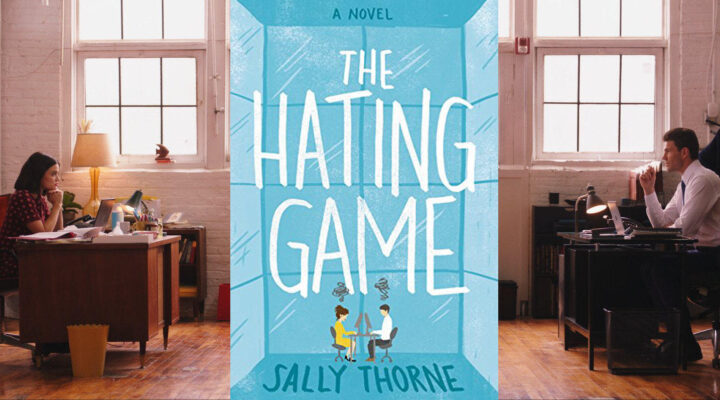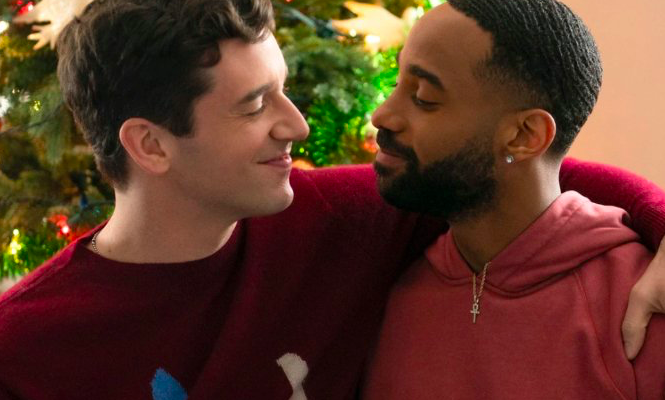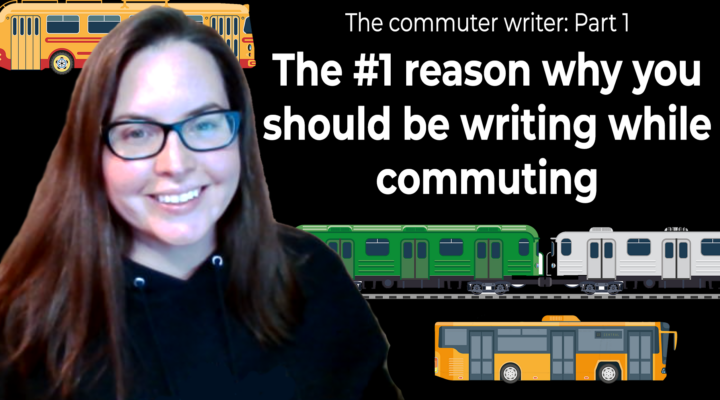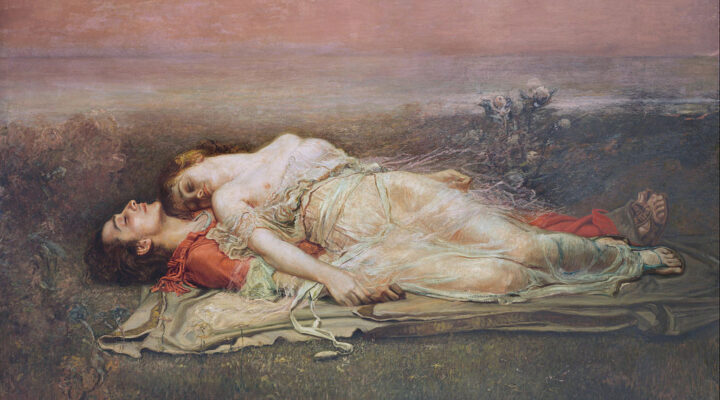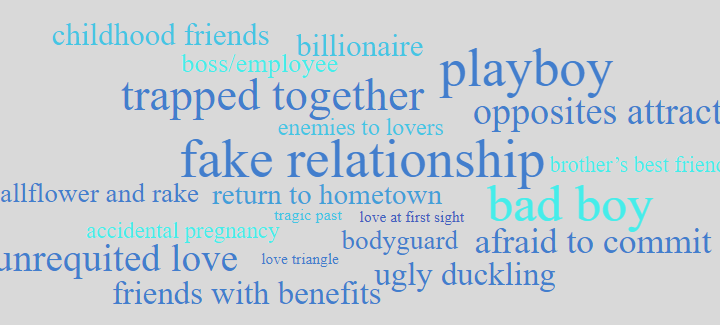Hi, I’m Winter. Welcome!
This blog is about romance — the concept of romance, the science of romance, romance movies, romance writing, and my experiences as a romance writer.
Please sign up below to receive my monthly newsletter with updates on my books, my writing life, and the world of romance, plus links to my latest posts.
And yes, I write contemporary romance novels!
My books:
- Feature gamma heroes (i.e. alphas without the arrogance)
- Are set internationally
- Include on the page love scenes, but don’t use graphic language
- Always include a dramatic, satisfying “I love you” conclusion
- Are fairly short (around 250 pages), so you can get to that “I love you” fast
You can learn more about my books here.
